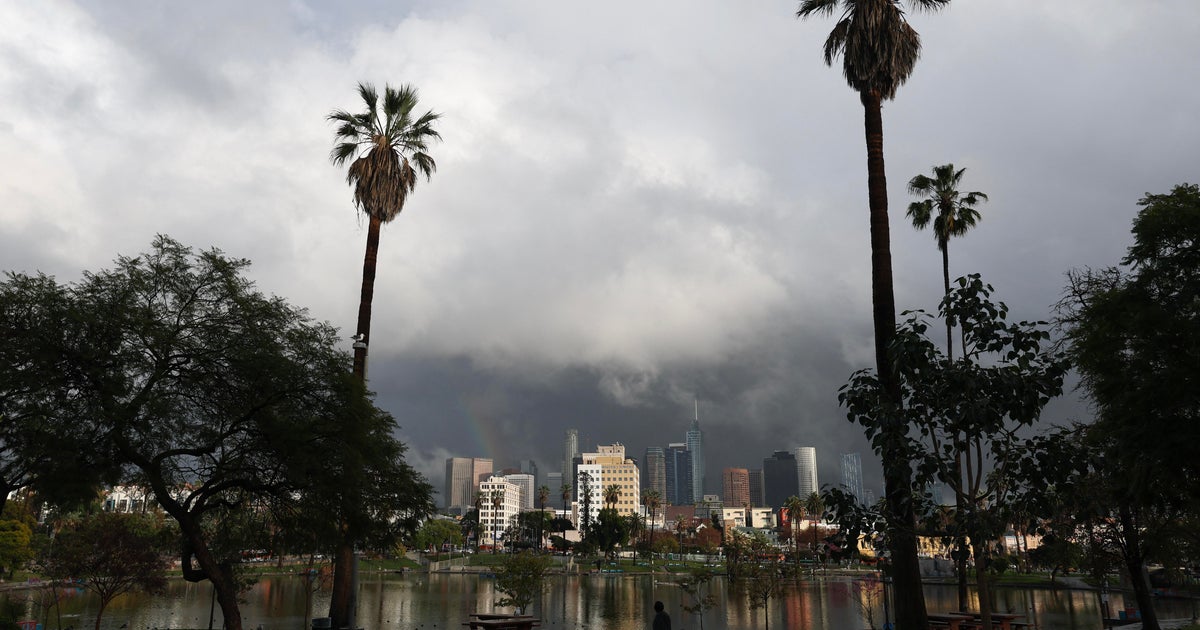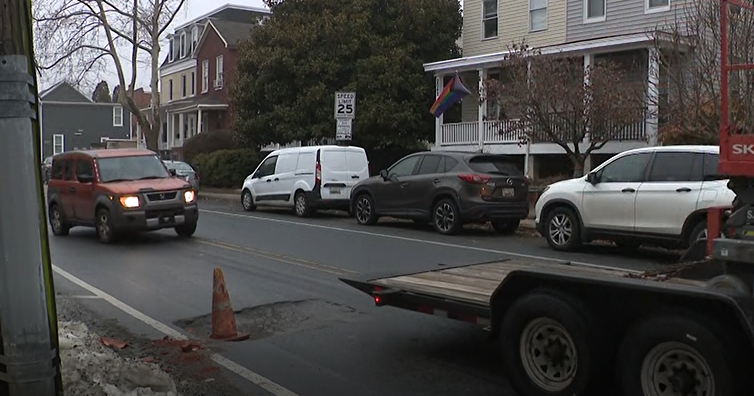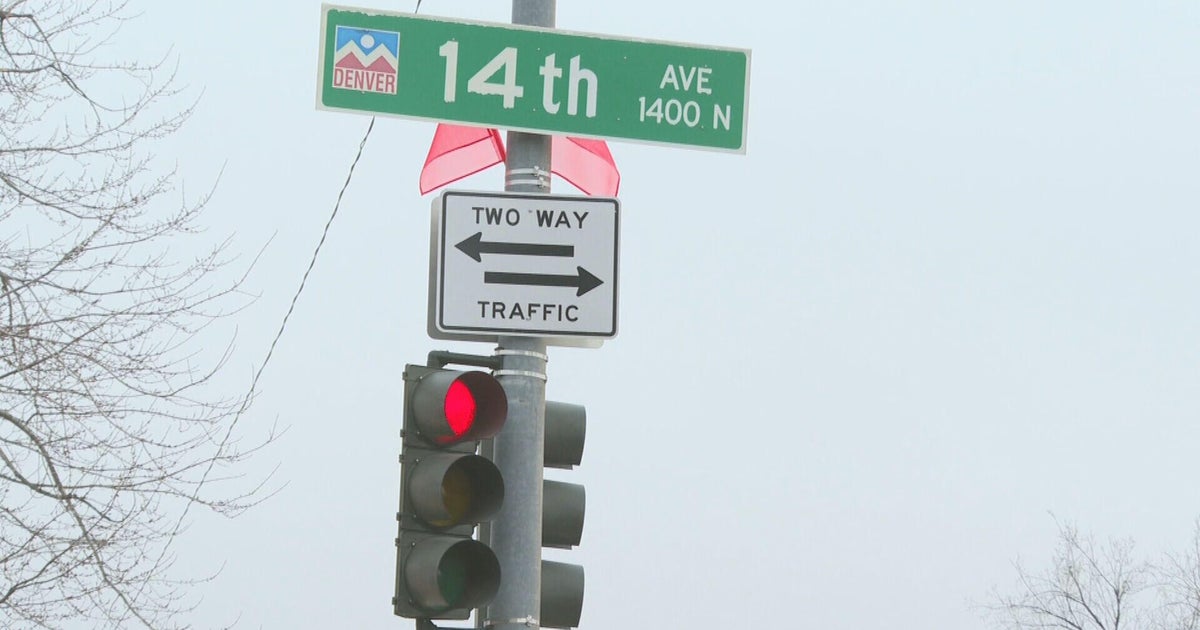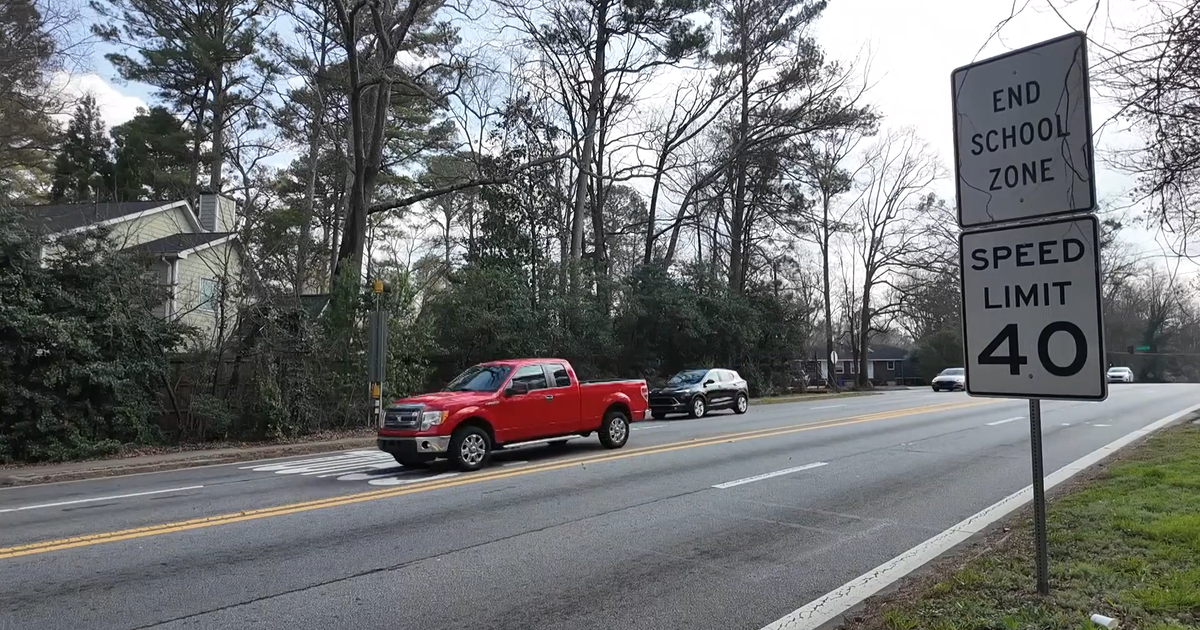UC Study Raises Questions About California High-Speed Rail
LOS ANGELES (KCBS) - A new study casts doubt on whether the benefits of California high-speed rail will include the creation of 400,000 permanent jobs promised by boosters of the bullet trains.
Jerry Nickelsburg, the economist behind the UCLA Anderson Forecast, said the Shinkansen bullet train in Japan has done little to spur job in the region between Tokyo and Osaka since it was built in the 1960s.
"High-speed rail, unlike other transportation infrastructure like interstate highways or transcontinental railroads, moves people not goods. And it's really lowering the cost of goods that is the big bang for the buck, not lowering the cost of moving people," he said.
Nickelsburg said he examined the Tokyo-Osaka region because of its geographic and demographic similarities to California.
"It in many ways looks like San Francisco to L.A., sort of anchored by the two large cities and going through mountains and rural and semi-rural areas with small to mid-sized industrial cities," he said
KCBS' Holly Quan Reports:
On July 6, the California legislature narrowly gave the green light for construction to begin on the first phase of the project through the Central Valley.
Nickelsburg found cities with a train station did not grow any faster or fare any better than cities without train service.
But the economist also acknowledged high-speed rail has other benefits that may justify the $68 billion California plans to spend, most notably easing congestion and controlling pollution.
Defenders of California high-speed rail note the positive impact the train system will have on the entire economy, starting with the rail corridor itself.
"Being proximate to transit and mobility has so much value. Those areas around the stations in the Japanese cities rise in value, and therefore they can get more tax revenue, all kinds of value, a lot of which wouldn't show up in a jobs study," said Dipu Gupta, a professor of architecture and urbanism at UC Merced asked to comment on the study by the California High-Speed Rail Authority.
In fact, Gupta argued that California's rail project should not be viewed solely as a jobs program.
"It's not that the Shinkansen had no beneficial effect. It's that the beneficial effects are so widespread every region benefits," he said, including those not directly linked to the system.
(Copyright 2012 by CBS San Francisco. All Rights Reserved. This material may not be published, broadcast, rewritten, or redistributed.)






